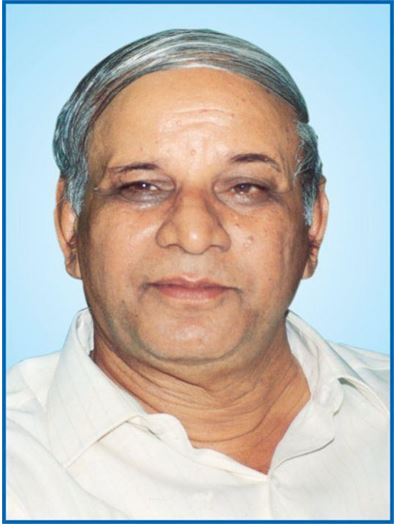KANSHI RAM

Kanshi Ram (15 March 1934 – 9 October 2006),was born in Ropar district, Punjab, British India. Some sources say his birthplace was the village of Pirthipur Bunga; and others that it was Khawaspur village. After studies at various local schools, he graduated in 1956 with a BSc degree from Government College Ropar. Kanshi Ram joined the offices of the Explosive Research and Development Laboratory in Pune under the government’s scheme of affirmative action. It was at this time that he first experienced caste discrimination and in 1964 he became an activist. He initially supported the Republican Party of India (RPI) but became disillusioned with its co-operation with the Indian National Congress. In 1971, he founded the All India SC, ST, OBC and Minority Employees Association and in 1978 this became BAMCEF, an organisation that aimed to persuade educated members of the Scheduled Castes, Scheduled Tribes. In 1981, Ram formed another social organisation known as Dalit Shoshit Samaj Sangharsh Samiti (DSSSS, or DS4). He started his attempt of consolidating the Dalit vote and in 1984 he founded the Bahujan Samaj Party (BSP). He fought his first election in 1984 from Janjgir-Champa seat in Chhattisgarh. The BSP found success in Uttar Pradesh.
After forming BSP Ram said the party would fight first election to lose, next to get noticed and the third election to win. In 1988 he contested Allahabad seat up against a future Prime Minister V. P. Singh and performed impressively but lost polling close to 70,000 votes. He unsuccessfully contested from East Delhi (Lok Sabha constituency) in 1989 and came at fourth position. Then he represented the 11th Lok Sabha from Hoshiarpur (Punjab).
Kanshi Ram was a diabetic. He suffered a heart attack in 1994, an arterial clot in his brain in 1995, and a paralytic stroke in 2003. He died in New Delhi on 9 October 2006 of a severe heart attack at the age of 72. He had been virtually bed-ridden for more than two years. According to his wishes, his funeral rites were performed according to Buddhist traditions.
(Dr Harjinder Singh Dilgeer)